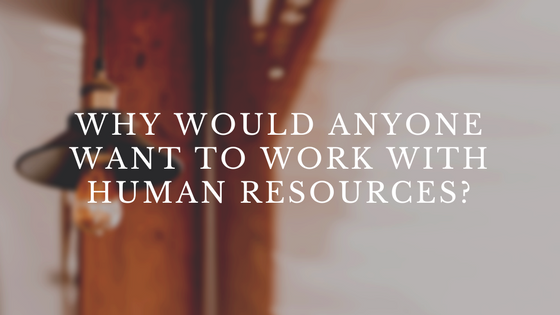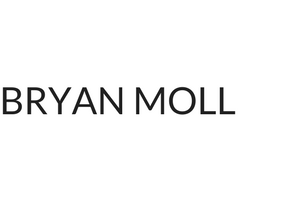When one thinks of Human Resources, their minds may immediately go to popular representations of individuals who work in the department, such as Toby from The Office — someone who is legalistic, moralistic, and obstructionist. Or, they may think of individuals who are enlisted solely for the protection of the company, rather than the employees.
Fortunately, each of these stereotypes are entirely radical and incorrect. Human resources professionals are a presence in the workplace to achieve the following goals: ensure the organization’s management is linked with its employees, plan and oversee employee benefits packages, handle staff issues ranging from minor disputes to direct disciplinary action, and act as a consultant for human resources and employment law issues.
However, even in the past several years alone, the role of human resources has vastly changed. These professionals are no longer functioning at just a base level. Instead, they are finding new and meaningful ways to contribute to their organization thanks to the introduction and advancement of technology in the workplace.
With these facts in mind, let us further explore the evolving responsibilities of the modern human resources department, and just why these professionals are more valuable to companies than ever before.
HR spearheads the development of company culture
As younger and more diverse individuals enter the workforce, companies are swiftly realizing that competitive salaries and benefits packages are not enough to reel in prospective employees. Instead, they must also possess a stellar company culture — preferably one that fosters creativity, collaboration, and long-term professional development.
With human resources in the picture, companies can more effectively glean insight into their employees’ preferences, as professionals within this department are often the first to know if an organization has issues with its culture or employee engagement. Furthermore, according to Nathanael Sinclair, an HR consultant with Lean Support Solutions, “HR is also uniquely poised to address those issues and implement solutions, which frequently involves coaching leaders.”
HR represents the brand and its opportunities
Gone are the days of human resources being an internal-facing department. Now, thanks to the rise of technology and social media, these professionals have the opportunity to play a key role in building, developing, and publicizing a brand from the inside out.
One of the most effective methods of achieving that goal is to encourage employees to share their positive experiences on their personal social media accounts. Or, HR could collaborate with the marketing department in order to create company social media accounts and craft engaging posts that both praise the internal culture and engage prospective employees.
It is clear that human resources has evolved far beyond the role of the mediator and representative of an organization. Instead, they are the driving force behind change, collaboration, and engagement within the workplace. Therefore, it would be wise of every organization to either revamp their HR department in order to meet these needs, or take the time to appreciate the creative individuals they are fortunate to have representing their brand.

